Rival law-enforcement agencies arguing about which of them should investigate a murder has, of course, been a staple of crime dramas for decades. Rather less common, though, is for the agencies in question to be the Metropolitan Police, the Gestapo and the SS.
SS-GB (BBC1, Sunday), based on Len Deighton’s novel, poses the undeniably interesting question of what this country would have been like in 1941 if Germany had won the Battle of Britain. Its primary answer is that — in every way — it would have been very murky indeed. Again, plenty of crime dramas over the years have created a suitably noirish atmosphere, while cunningly saving on the lighting budget at the same time. But this one takes the commitment to the crepuscular a lot further than most: if it wasn’t for the CGI swastika flags hanging from London’s most famous buildings, there’d be almost no colour at all. The programme’s look is also matched by its sound, with the cast, led by Sam Riley as Archer of the Yard, seldom raising their voices above a laconic whisper — although they do sometimes fall below one.
But murkiest of all are, not surprisingly, the ethical issues that come with living under occupation, as we’re invited to entertain the uncomfortable thought that collaboration may not always be avoidable, especially if you’re a policeman.
Admittedly, there’s not much moral ambiguity in the depiction of our new German overlords, who on the whole range from the smilingly sinister to the unsmilingly sinister. In particular, Dr Oskar Huth — the SS man called in when a seemingly routine London murder turned out to have links to the British Resistance — is only a monocle away from the sort of German officer we all grew up watching, with his full-length leather overcoat, his scrupulous observation of the difference between ‘shall’ and ‘will’, and his habit of brusquely ending conversations with the single word, ‘gentlemen’.
Faced with Huth, Detective Archer understandably chose to remain largely expressionless. The trouble was that he remained largely expressionless with everybody else too. I think Riley’s idea is to suggest buried emotional turmoil — but if so, it’s buried so deep as to leave virtually no trace of its existence.
And for too much of the time, a similar woodenness was shared by the direction and script, which have still to make life under occupation feel like a fully realised dramatic world rather than just a backdrop. Needless to say, nobody expects a drama set in Nazi-occupied Britain to be a romp. Nonetheless, Sunday’s episode was in danger of going about its business with such plodding solemnity as to be a bit dull — which a drama set in Nazi-occupied Britain really shouldn’t be either.
There were a couple of signs that all is not yet lost. A potentially intriguing plot is slowly taking shape, with the bloke who was found dead in his Shepherd Market flat obligingly leaving behind any number of old-school clues, including a half-burned letter in the grate and a train ticket that appears to connect him to some sort of secret weapons laboratory. Meanwhile, those ethical issues look like growing even more satisfyingly murky, with the Resistance clearly capable of ruthlessness too. Even so, if the much-hyped SS-GB is ever going to fulfil its promise of combining a proper thriller with a properly imagined alternative history, it needs to raise its game significantly in the weeks ahead.
Now, one enjoyable emotion that I find gets increasingly rare as middle age tightens its grip is hero-worship — which is why it was so cheering to feel it again while watching Tom Waits: Tales from a Cracked Jukebox (BBC4, Sunday). The programme began with an optimistic caption about its desire to reveal the real man behind the music. Yet, if Waits duly proved too mysterious for that to happen, the mixture of clips, old interviews and an impressive selection of talking heads, was more than enough to provide a stirring reminder of how brilliant he’s been for so long — and how irresistible his music, his lyrics and that famously gravelly voice sound even when it’s not two o’clock in the morning and you’re not sipping bourbon.
In fact, I’m now developing a theory that no other singer-songwriter — certainly not Bob Dylan or David Bowie — has been so unfailingly good on every album (and almost every song) of a career lasting more than 40 years. Essentially, Waits’s work has fallen into three phases: normal songs in a normal voice; normal songs in a mad voice; and mad songs in a mad voice. All are great — but, if you’re new to a man who’s never quite cracked the mainstream, I’d recommend starting with phase two, the four albums from Small Change to Heartattack and Vine. (You can address all letters of thanks to me at The Spectator.)
Got something to add? Join the discussion and comment below.
Get 10 issues for just $10
Subscribe to The Spectator Australia today for the next 10 magazine issues, plus full online access, for just $10.

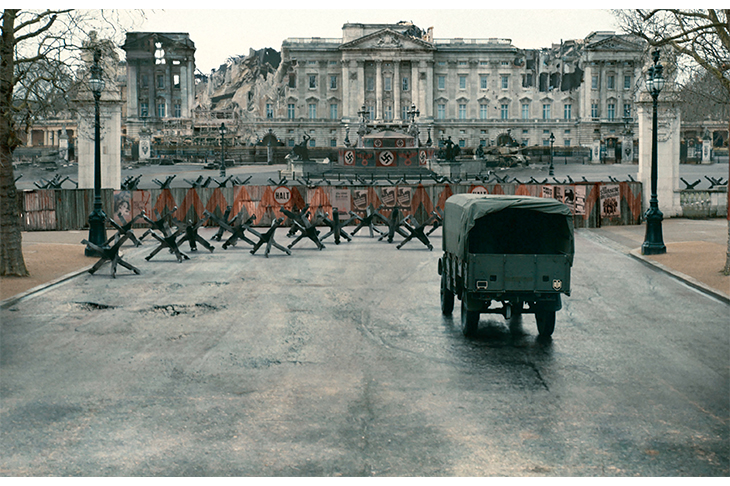
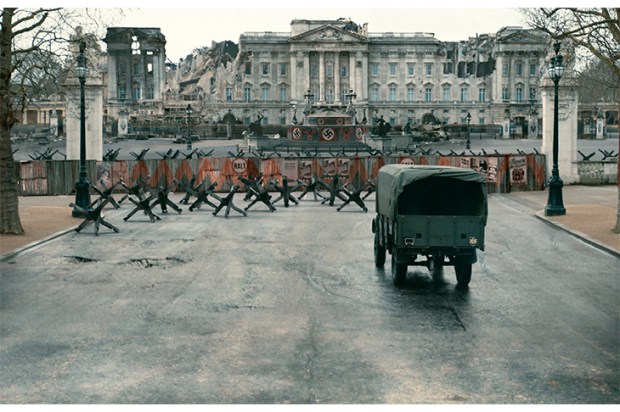
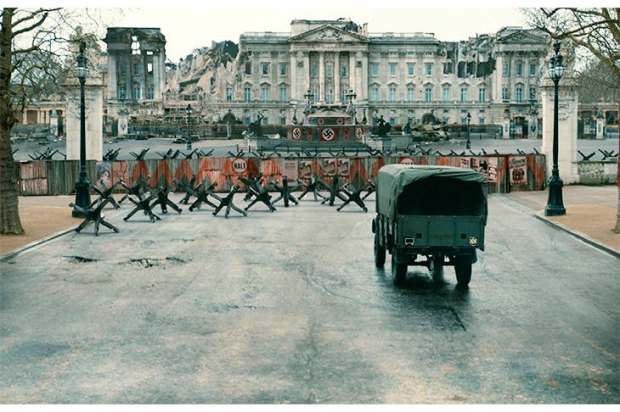

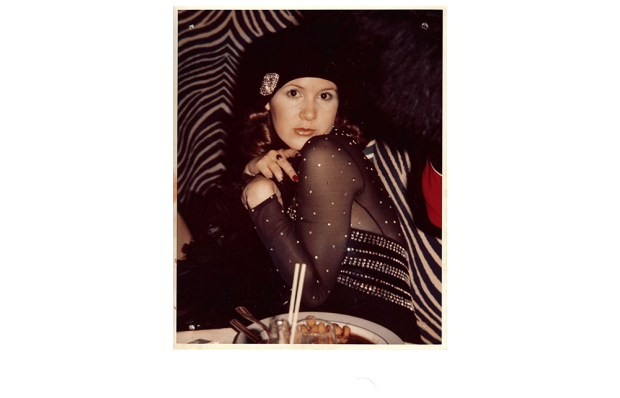
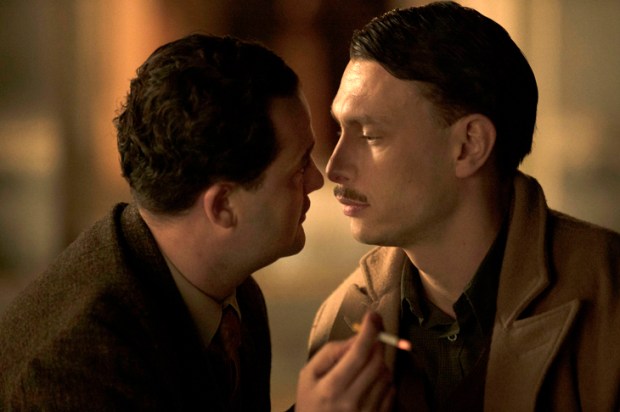
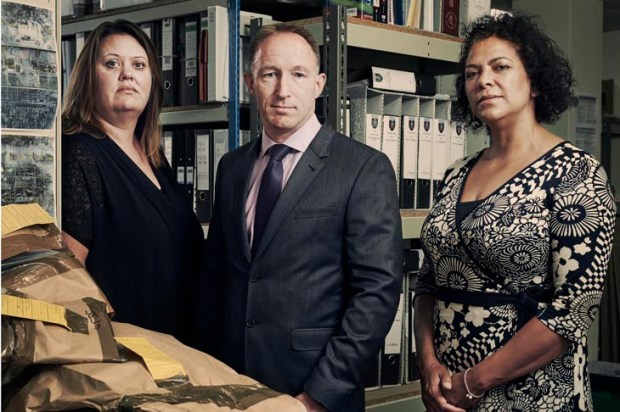






Comments
Don't miss out
Join the conversation with other Spectator Australia readers. Subscribe to leave a comment.
SUBSCRIBEAlready a subscriber? Log in